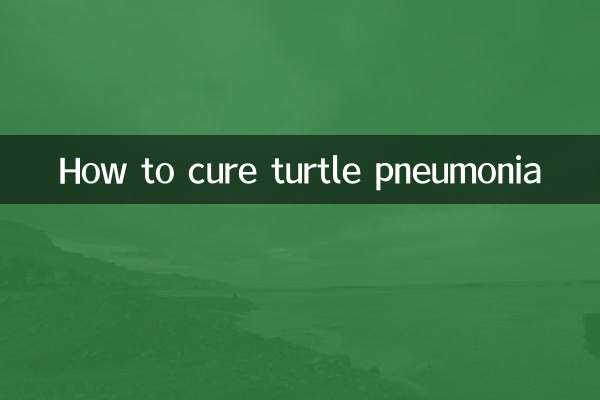How to judge parasites
Parasitic infections are a common health problem that can be transmitted through food, water, or contact. Understanding how to judge parasitic infections is crucial for prompt treatment and prevention of complications. The following is one of the health topics that have been hotly discussed on the Internet recently - the method of judging parasite infection, which is compiled based on the hot topics in the past 10 days.
1. Common symptoms of parasite infection

The symptoms of parasite infection vary depending on the type of parasite and the site of infection. Here are the common symptoms:
| Symptom Category | Specific performance |
|---|---|
| Digestive system symptoms | Abdominal pain, diarrhea, nausea, vomiting, abnormal appetite (gluttony or anorexia) |
| Skin symptoms | Itching, rash, erythema, subcutaneous nodules |
| Systemic symptoms | Fatigue, weight loss, fever, anemia |
| Other symptoms | Muscle pain, joint pain, night teeth grinding (common for children) |
2. Diagnosis methods for parasitic infection
If parasitic infection is suspected, the following methods can be used to diagnose:
| Diagnostic method | illustrate |
|---|---|
| Fecal examination | Examination of eggs or parasites in fecal samples by microscopy |
| Blood test | Detect antibodies or parasite DNA in the blood |
| Imaging examination | Such as X-ray, CT or ultrasound, it is used to detect parasites in the organ |
| Endoscopy | Direct observation of parasites in the digestive tract through endoscopy |
3. Recent hot topics related to parasites
In the past 10 days, the following parasite-related topics have sparked widespread discussion on social media and health forums:
| topic | Popularity index |
|---|---|
| Raw seafood and parasite infection risk | ★★★★★ |
| Prevention of pet-borne parasites | ★★★★☆ |
| How to avoid parasite infections while traveling | ★★★☆☆ |
| Natural remedies for parasite infections | ★★★☆☆ |
4. How to prevent parasitic infections
The key to preventing parasitic infections is to develop good hygiene habits:
1.Dietary hygiene: Avoid raw or undercooked meat and seafood, and thoroughly clean vegetables and fruits.
2.Personal hygiene: Wash your hands before and after meals to avoid contact with potentially contaminated water sources.
3.Environmental sanitation: Clean the living environment regularly, especially for families with pets.
4.Travel protection: When going to areas with high incidence of parasites, pay attention to dietary safety and take preventive drugs if necessary.
5. When do you need medical treatment?
If the following situations occur, it is recommended to seek medical treatment immediately:
- Continuous diarrhea for more than 3 days
- Bloody or black stool
- Severe abdominal pain or bloating
- Unexplained weight loss
- Yellow skin or eyes
Although parasitic infections are common, most cases can be effectively controlled through correct judgment and timely treatment. Staying alert and developing good hygiene habits is the best way to prevent parasite infections.

check the details

check the details